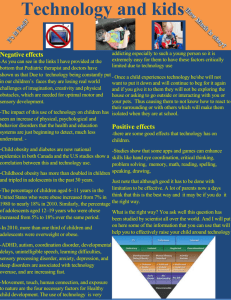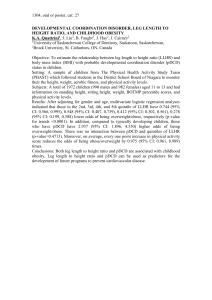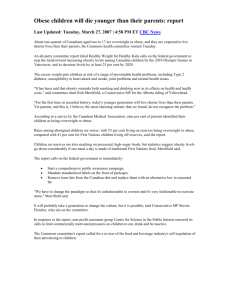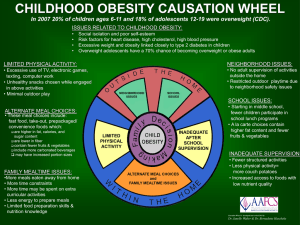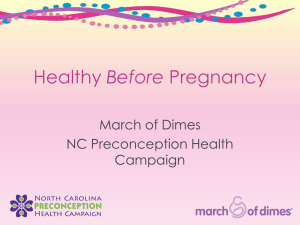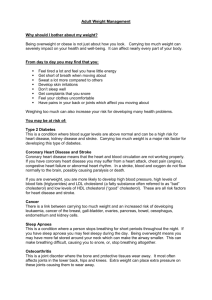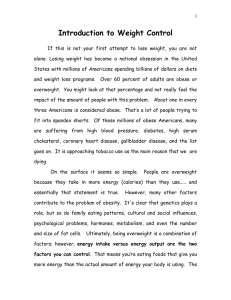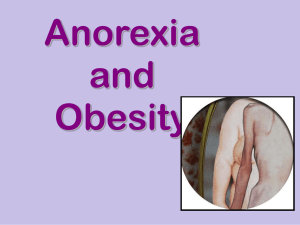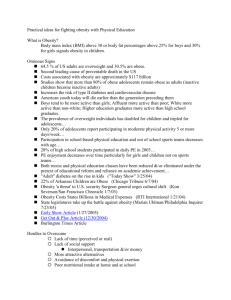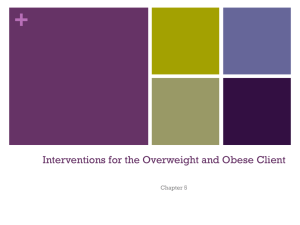RISK OF CARDIO-METABOLIC SYNDROME AMONG
advertisement
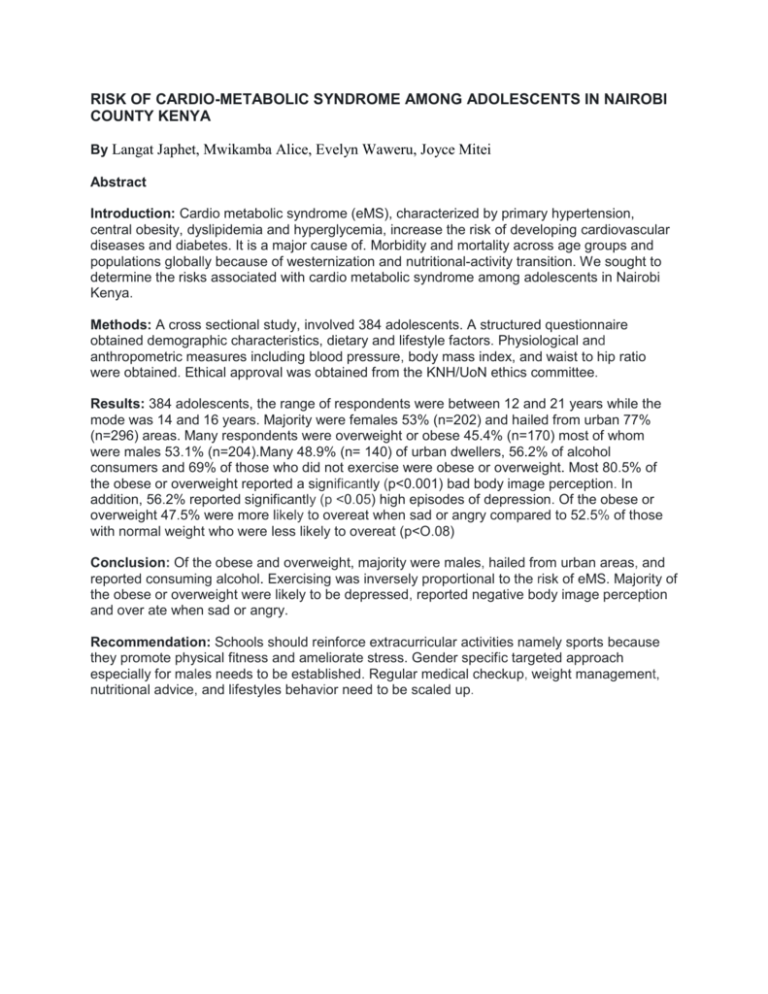
RISK OF CARDIO-METABOLIC SYNDROME AMONG ADOLESCENTS IN NAIROBI COUNTY KENYA By Langat Japhet, Mwikamba Alice, Evelyn Waweru, Joyce Mitei Abstract Introduction: Cardio metabolic syndrome (eMS), characterized by primary hypertension, central obesity, dyslipidemia and hyperglycemia, increase the risk of developing cardiovascular diseases and diabetes. It is a major cause of. Morbidity and mortality across age groups and populations globally because of westernization and nutritional-activity transition. We sought to determine the risks associated with cardio metabolic syndrome among adolescents in Nairobi Kenya. Methods: A cross sectional study, involved 384 adolescents. A structured questionnaire obtained demographic characteristics, dietary and lifestyle factors. Physiological and anthropometric measures including blood pressure, body mass index, and waist to hip ratio were obtained. Ethical approval was obtained from the KNH/UoN ethics committee. Results: 384 adolescents, the range of respondents were between 12 and 21 years while the mode was 14 and 16 years. Majority were females 53% (n=202) and hailed from urban 77% (n=296) areas. Many respondents were overweight or obese 45.4% (n=170) most of whom were males 53.1% (n=204).Many 48.9% (n= 140) of urban dwellers, 56.2% of alcohol consumers and 69% of those who did not exercise were obese or overweight. Most 80.5% of the obese or overweight reported a significantly (p<0.001) bad body image perception. In addition, 56.2% reported significantly (p <0.05) high episodes of depression. Of the obese or overweight 47.5% were more likely to overeat when sad or angry compared to 52.5% of those with normal weight who were less likely to overeat (p<O.08) Conclusion: Of the obese and overweight, majority were males, hailed from urban areas, and reported consuming alcohol. Exercising was inversely proportional to the risk of eMS. Majority of the obese or overweight were likely to be depressed, reported negative body image perception and over ate when sad or angry. Recommendation: Schools should reinforce extracurricular activities namely sports because they promote physical fitness and ameliorate stress. Gender specific targeted approach especially for males needs to be established. Regular medical checkup, weight management, nutritional advice, and lifestyles behavior need to be scaled up.
